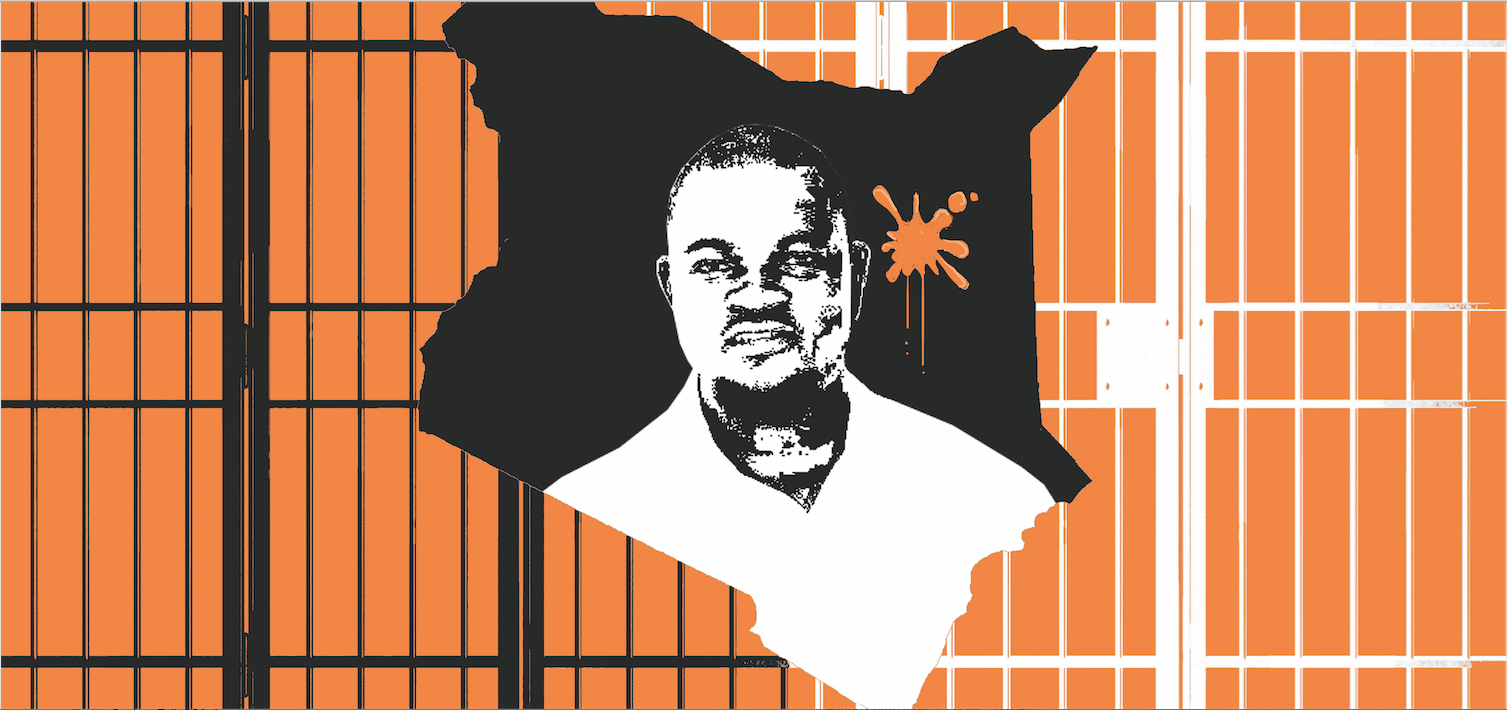
Albert Ojwang' should be alive today. He should be in his classroom, guiding students. He should be with his wife, Nevnine, watching their child grow. Instead, his lifeless body ended up in a morgue—broken, battered and betrayed by the very system that was meant to protect him.
What happened to Albert on the night of June 8, 2025, is not just a tragedy. It is a scar on Kenya’s national soul. A moral catastrophe. A betrayal that should unsettle every Kenyan who still believes in the promise of justice.
Police initially claimed Albert had died by suicide at Central police station. That he “hit his head against the wall”.
But pathologists told a different story: blunt force trauma to the head, neck compression, broken ribs and extensive soft tissue injuries.
These were not the wounds of a man who took his own life. These were the hallmarks of torture—vicious, prolonged and deliberate.
Albert’s only crime? A social media post criticising Deputy Inspector General of Police Eliud Lagat. For this, he was taken from his Homa Bay home—calmly and quietly—and transferred 350 kilometres to Nairobi, with no court appearance. No lawyer. Just a vanishing into the shadows of state power.
At Central police station, the CCTV was conveniently turned off. A technician has since been arrested.
Meanwhile, police spokespersons clung to the suicide lie—until the postmortem made it impossible to continue the charade. Inspector General of Police Douglas Kanja apologised. But Albert was still gone.
Then came the chilling footage from Mbagathi Hospital. A police vehicle pulled in at 1.35 am. Albert was already unresponsive.
Officers lingered, made calls and delayed. No urgency. No humanity. When medical staff finally responded, he was declared dead by 2.10 am.
Five minutes later, his body was removed. The footage shattered every official statement. He did not arrive alive. He did not receive help.
Albert’s ordeal is not an isolated case—it’s a horrifying reflection of a system that has lost its way.
In just four months, 20 Kenyans have died in police custody. Last year, over 60 young protesters were gunned down during anti-tax demonstrations.
Their deaths were erased in police reports and misclassified as 'mob justice' or 'road accidents'.
President William Ruto called Albert’s death “heartbreaking and unacceptable”. Those words matter. But this moment demands more than empathy—it demands action.
It is time for our government to show that no official, however senior, is above the law.
In Parliament, lawmakers have begun to act. Interior CS Kipchumba Murkomen and Kanja were grilled in the Senate over the illegal transfer, doctored narratives and the disabled CCTV.
In the National Assembly, MPs from both sides of the aisle were united in outrage. They spoke not as politicians, but as Kenyans fearful of where this path leads.
Former Prime Minister Raila Odinga spoke for many when he called Albert’s murder “part of a horrifying list of defenceless Kenyans killed by the police.”
He warned that if this culture continues, it will erode the social contract between citizens and the state. If those meant to protect us become predators, then we have no republic—only repression.
And yet, the man whose complaint triggered Albert’s arrest—Deputy IG Lagat—remained in office. He has now "stepped aside".
The officers arrested, including station commander Samson Taalam and constable James Mukhwana, may very well be pawns. The real architects remain untouched.
Albert’s father, Meshack, voiced a quiet truth that cuts deeply: “They saw our home was humble and assumed we didn’t matter.” But Albert mattered. Not just to his family. Not just to his students. He mattered to Kenya.
His death must mark a turning point.
Kenyans demand full justice—not symbolic suspensions. Every officer involved, every superior who authorised and every hand that turned a blind eye must be held accountable.
Kenyans demand structural change. The Independent Policing Oversight Authority must be given prosecutorial powers and independence.
Parliament must mandate tamper-proof CCTV in all police holding facilities. International partners must tie security assistance to clear, verifiable reform benchmarks.
Albert Ojwang’s blood may have soaked the cold floor of a cell, but it also soaks our conscience. When young Kenyans chant “No justice, no budget”, they are crying out for dignity, for accountability, for a country that does not kill its own for speaking up.
We cannot let Albert’s voice be buried with his body. We must raise it—louder than ever—until justice is not just promised, but delivered.
Fredrick Okango is a public affairs commentator and expert in leadership and governance











